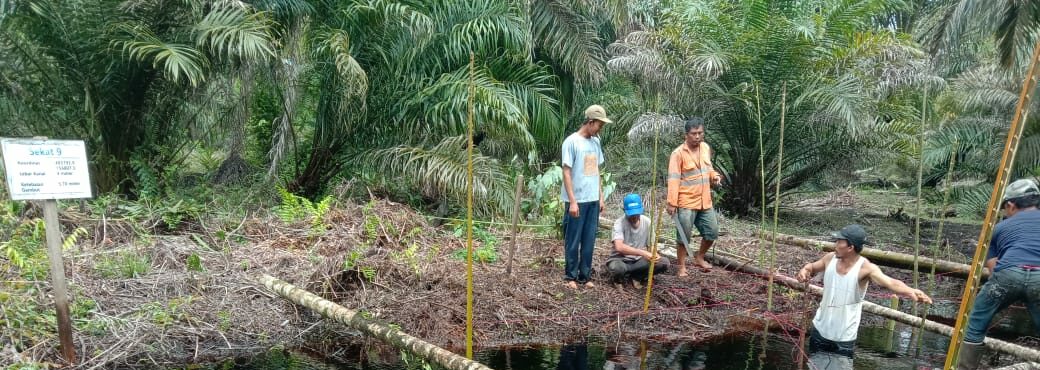
IKI Newsletter Indonesia
-
Climate mitigation and adaptation
-
Peatland conservation and restoration
About the International Climate Initiative Since 2008, the International Climate Initiative (IKI) of the Federal Ministry for the Environment, Nature Conservation, Building and Nuclear Safety (BMU) has been financing climate and biodiversity projects in developing and newly industrialising countries, as well as in countries in transition. Based on a decision taken by the German parliament (Bundestag), a sum of at least 120 million euros is available for use by the initiative annually.
For the first few years the IKI was financed through the auctioning of emission allowances, but it is now funded from the budget of the BMU. The IKI is a key element of Germany’s climate financing and the funding commitments in the framework of the Convention on Biological Diversity.The Initiative places clear emphasis on climate change mitigation, adaption to the impacts of climate change and the protection of biological diversity. These efforts provide various cobenefits, particularly the improvement of living conditions in partner countries.
The IKI focuses on four areas: mitigating greenhouse gas emissions, adapting to the impacts of climate change, conserving natural carbon sinks with a focus on reducing emissions from deforestation and forest degradation (REDD+), as well as conserving biological diversity.
New projects are primarily selected through a two-stage procedure that takes place once a year. Priority is given to activities that support creating an international climate protection architecture, to transparency, and to innovative and transferable solutions that have an impact beyond the individual project. The IKI cooperates closely with partner countries and supports consensus building for a comprehensive international climate agreement and the implementation of the Convention on Biological Diversity. Moreover, it is the goal of the IKI to create as many synergies as possible between climate protection and biodiversity conservation.
More information is available on the IKI website.
